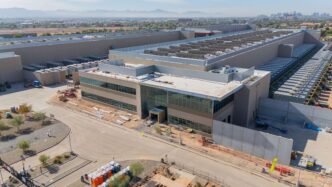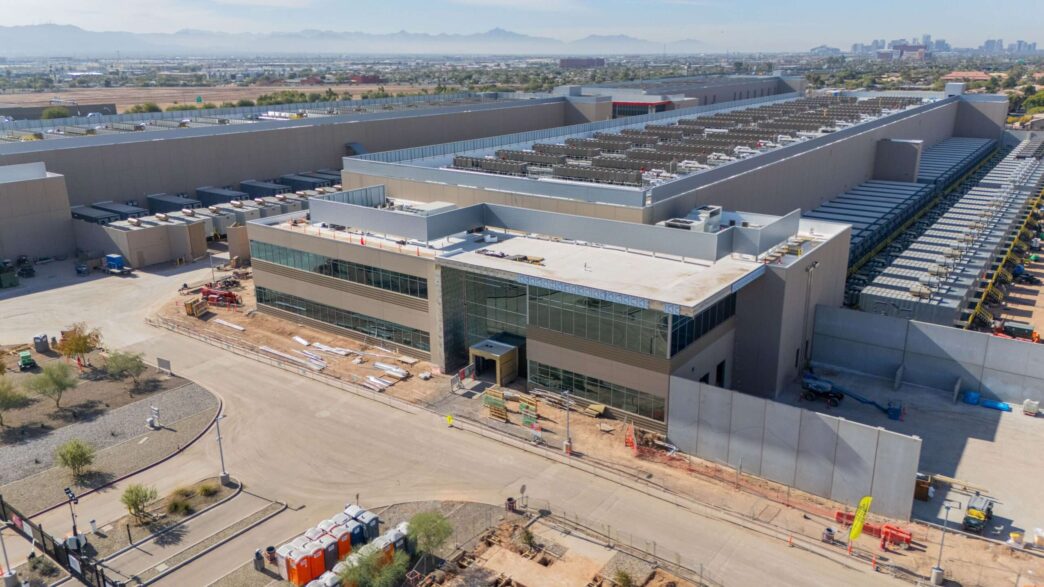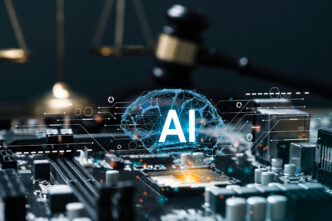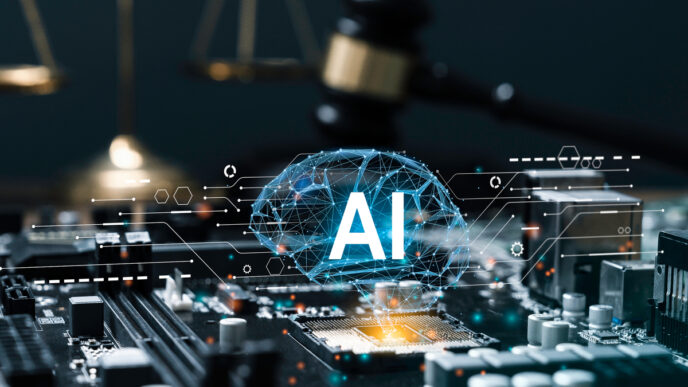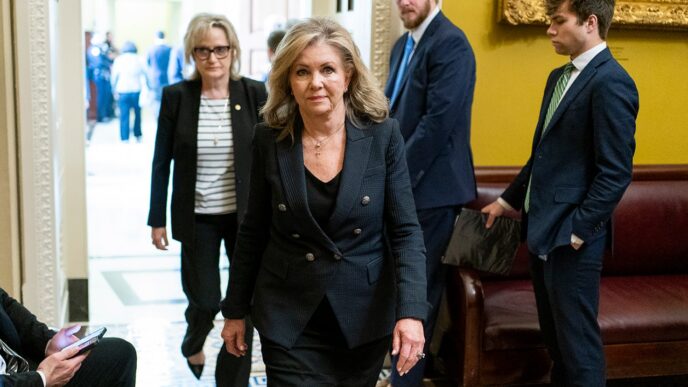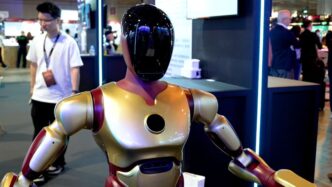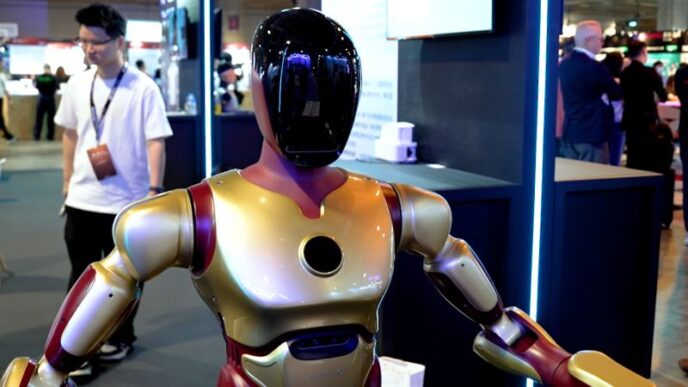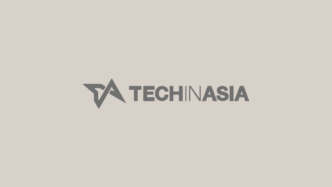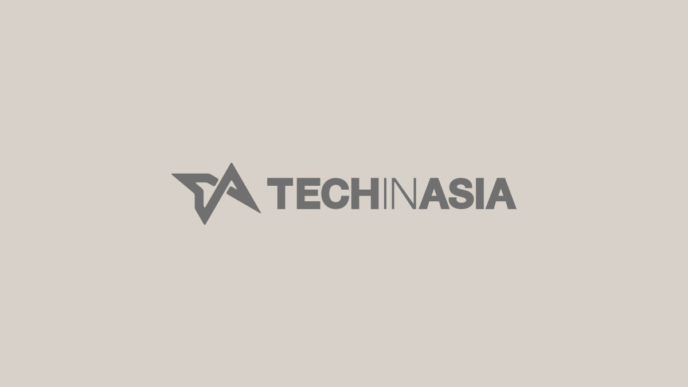AI development sparks backlash from Texas power plants to California layoffs
New Braunfels, Texas, is buzzing. Power plants rise fast to feed data centers that could soon use as much electricity as whole cities. All to feed AI models. Meanwhile, in Irvine, California, hundreds of game developers laid off by Activision Blizzard in 2024 still hunt for jobs. The video game industry sees AI cut thousands of positions as it takes over more tasks.
This backlash isn’t minor. It points to public distrust that could stall AI long before its big promises land. A recent Pew poll found only 17% of Americans think AI will have a net positive impact over the next 20 years. Jobs lost, higher power use, and social strain feed skepticism.
Tech promises clash with public pain. AI tools focus mostly on cutting corporate costs: chatbots replace customer service reps; code generators cut entry-level programmer demand; automated content tools push out creators. Real people feel the layoffs. Local communities bear the infrastructure strain.
Government spending deepens divides. Billions flow to AI via laws like the CHIPS and Science Act. Meanwhile, budgets for education, infrastructure, and social services see cuts or freezes. Taxpayer money fuels private AI growth, but many feel left behind.
AI’s promise in education, health, and traffic depends on public trust and adoption. AI tutoring could personalize learning and close achievement gaps if parents, students, and educators accept it. Medical AI could bring expert diagnostics to rural areas — but doctors and patients remain wary due to liability and job fears. Traffic AI could cut congestion in cities, but needs public cooperation and infrastructure investment.
The takeaway: AI needs to refocus on clear public benefits, not just corporate profit or abstract benchmarks. Greater transparency and targeted government funding could help regain trust.
Transparency models like NYC’s capital project dashboards could track AI projects’ costs and outcomes. Independent audits on AI impact might show benefits that counter fears.
AI progress must stop being just a showcase of technical feats. It needs to visibly improve daily life for more people.
The split grows. AI use and trust skew to more educated Americans, risking a new class divide where AI boosts elites while others face job losses and disruption.
China’s pushing mass AI adoption. The US risks falling behind if public resistance stalls broad use.
The window to change course is closing.
The residents of New Braunfels and laid-off Irvine workers signal early warning signs. Policymakers must listen before backlash wastes AI’s potential and public investments.
